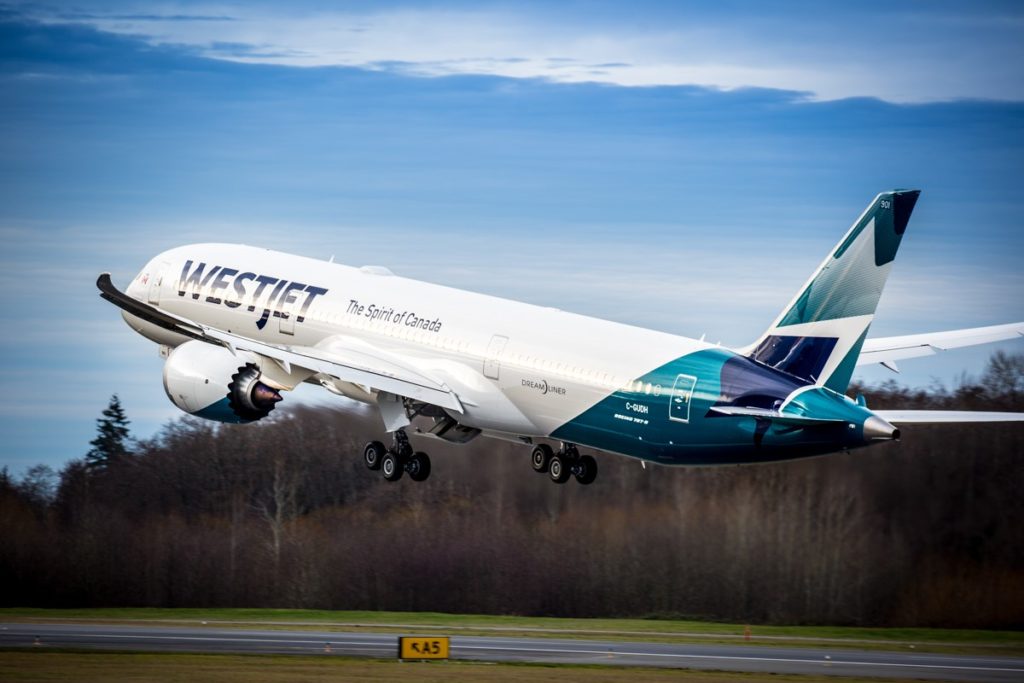Estimated reading time 4 minutes, 1 seconds.
WestJet president and CEO Ed Sims met with media on May 14 to address Onex Corporation’s $5 billion acquisition of the airline, a day after the deal was announced.

Sims is confident the deal will benefit WestJet because it will allow the airline to focus on long-term economic growth rather than the quarterly reporting that comes with being a publicly-traded company.
“I compare it to a farmer who is constantly pulling up his or her radishes, wondering how well they’re growing and then wondering why they’re not growing on a sustainable basis,” said Sims. “We now have the ability to focus on our long-term strategy to deliver against the lifetime of our assets.”
Those assets, as Sims pointed out, include aircraft with lifespans of 20 to 25 years. With the deal, WestJet can now develop economic returns on its fleet over each aircraft’s lifetime, as opposed to quarterly reporting which held the company responsible for the immediate recovery of the cost of new aircraft.
“What Onex’s investment gives us now is that sustainability; it gives us the ability to deliver on our long-term strategy . . . with confidence that we have the backing of a Canadian-based entity,” said Sims.
As for Onex, Sims noted that although WestJet had never been for sale per se, the Toronto-based corporation approached the airline first. After they held a “cordial conversation,” WestJet didn’t solicit any deals from any other potential investors.
He also added that Onex is looking to keep WestJet’s management team intact.
“The senior executive has been one of the core attractions for this deal . . . Onex have been very attracted by that breadth of capability . . . so what we are clear on with Onex is that they have not spent $5 billion on this entity to try to shrink their way to prosperity. They have a growth agenda, they believe we have a growth agenda, they’re looking to expand our operations,” said Sims. “They are as fully committed as we are to building and growing.”
In WestJet’s future, Sims claimed that the airline will be expanding its fleet of Boeing 787 Dreamliners from three to 10 over the next two years, increasing the fleet of ultra-low-cost carrier Swoop from six aircraft to 10 by the end of this year, and announcing new destinations for its Dreamliner fleet in the near future.

But what about the company’s long-standing corporate culture tied to employee ownership? WestJet has built a reputation by advertising that employees’ direct involvement with share ownership and trading translates to better service and care.
Sims remained convinced that the core values will endure the acquisition, saying “our emphasis throughout this . . . has been to communicate this directly, authentically and honestly with our staff and, in that context, that authenticity and directness is very much part of our values and our DNA”
Sims noted that WestJet’s employees have been assured there will be no job losses as a result of the deal and that all previous employee entitlements and benefits would be upheld.
Although the company is slated to go private, he stressed that it will continue to provide “unrivaled guest experience” and will “remain dedicated to Calgary,” keeping its headquarters in Alberta.








